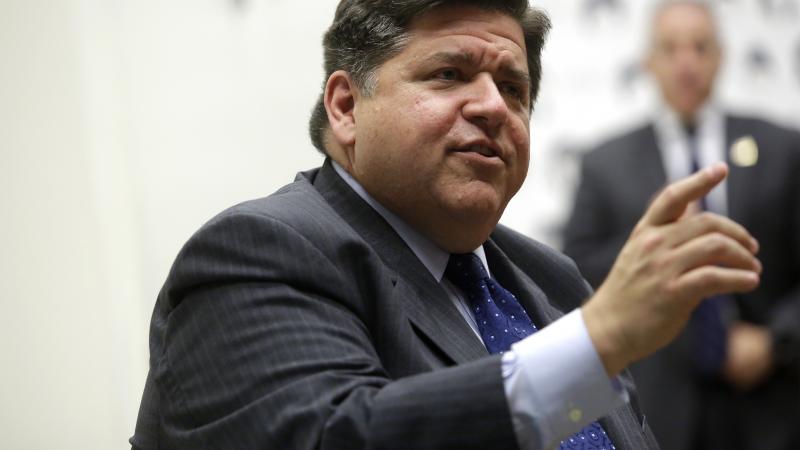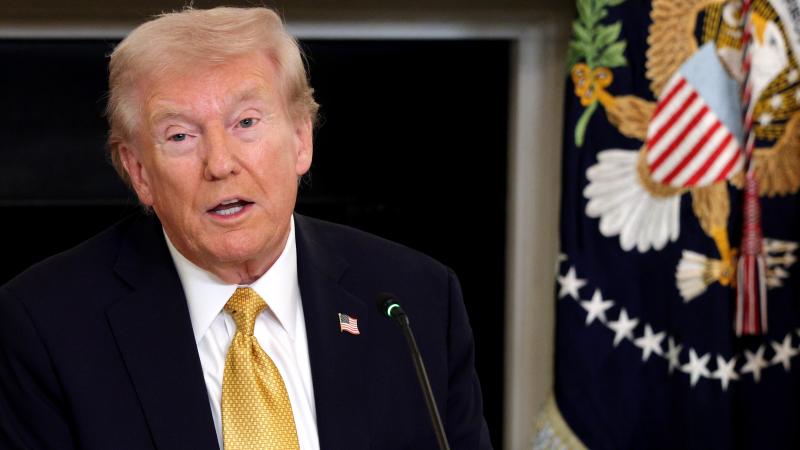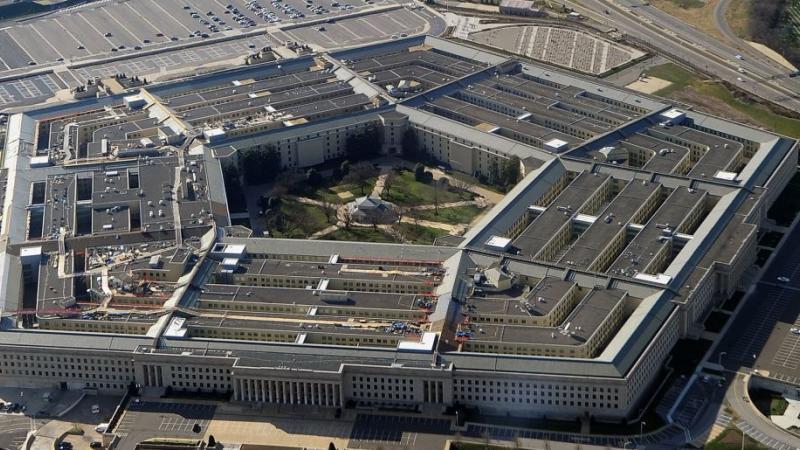New Hampshire faces lawsuit from hospitals over Medicaid tax
The lawsuit, filed by the New Hampshire Hospital Association, Dartmouth Health and Concord Hospital and its affiliates, challenges the constitutionality of the state's Medicaid Enhancement Tax, which is charged to hospitals to help offset the cost of uncompensated health care services.
(The Center Square) -
(The Center Square) — New Hampshire hospitals are taking the state to court over a three-decade-old tax that provides matching funds for the state's federally backed Medicaid program after negotiations between the two sides broke down.
The lawsuit, filed by the New Hampshire Hospital Association, Dartmouth Health and Concord Hospital and its affiliates, challenges the constitutionality of the state's Medicaid Enhancement Tax, which is charged to hospitals to help offset the cost of uncompensated health care services. The tax generates about $300 million a year for the state.
Hospitals said they have negotiated with the state in "good faith" and offered "fair and reasonable" proposals that would have delivered additional revenue to the State and the Medicaid system, according to the lawsuit, but the two sides reached an impasse that wasn't resolved by the April 15 expiration of the tax.
"With no resolution in sight, hospitals have no choice but to file this lawsuit to protect access to important health care services for all patients," the association said. "Hospitals have been and continue to be willing to find a fair and equitable solution that works for the State, hospitals and Medicaid patients, but increasing the tax burden on hospitals is not a viable path forward."
Gov. Kelly Ayotte strongly criticized the lawsuit, saying the state had proposed a "common sense solution that prioritizes patients and protects funding for critical access hospitals."
"Unfortunately, the plaintiffs are only focused on driving more money to billion-dollar corporations and have resorted to playing political games and misleading the public," she said in a statement. "They should return to the table and come to an agreement that benefits all Granite Staters."
However, the hospital association said the governor's proposal "embraces the punitive cuts to hospitals," and an 80% distribution formula was put in place by the Sununu administration. Under that formula, hospitals lose $70 million annually, to the benefit of the state, and at the expense of patient care in local communities, the group said. This year, the MET is anticipated to generate $348 million.
"That funding will be used to bring $485 million in additional federal funding to New Hampshire to support the state’s Medicaid Program," the association said. "Without a new agreement the state would have to look to the general fund to finance the Medicaid program."
In the lawsuit, lawyers for the hospitals point out that two previous state Superior Court rulings have determined that MET is unconstitutional, but hospitals have "voluntarily continued to pay the tax" over the last decade under settlement agreements, which have now expired.
The wrangling over the tax comes as the Republican-controlled Congress is considering cutting the federal share of Medicaid funding, which will force states to scale back their programs.
New Hampshire is one of nine states with a so-called "trigger" law that would automatically roll back Medicaid expansion if the federal matching funds are reduced.













